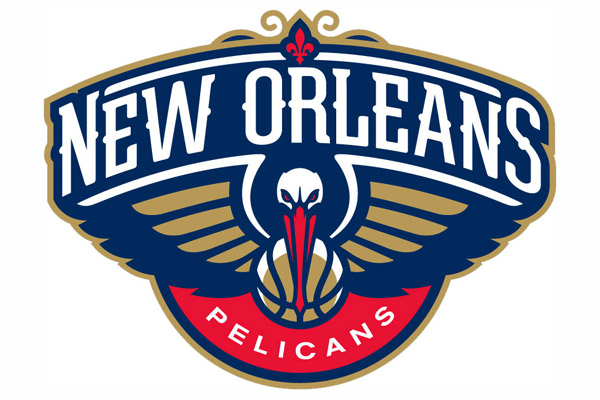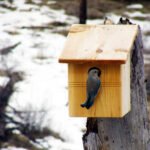
When I lived in New Orleans, I used to take long walks along the southern shores of Lake Pontchartrain, the massive brackish estuary north of the city.
One of my lasting memories was always seeing two beautiful Brown Pelicans flying low above the waters and diving into the murkiness for a meal. I could watch the huge birds for hours every day and lose myself in their state of nonchalance, never knowing just how close they came to disappearing from the US.
You see, like many birds, Brown Pelicans suffered a huge hit to its US population leading up to the 1970s when hunting, the extensive use of pesticide DDT and loss of coastal habitat were much more rampant. By 1966, there weren’t any Brown Pelicans left in Louisiana, despite being the state bird. It was only after the ban of DDT in 1972 and resettling that the bird made a comeback in the state.
Then, it was announced Thursday that the New Orleans Hornets, the city’s NBA team, will change its name to the New Orleans Pelicans.
I’m a big fan of the NBA, but I’m the first to admit that basketball and conservation rarely ever go together, but I’m hoping this could be different. Sure, the Brown Pelican is the state bird of Louisiana, so you have a quick connection to the area, but there is a stronger connection. Brown Pelicans symbolize the resilience, struggle and fight of New Orleans after hurricanes and oil spills.
After the BP oil spill in 2010, the infamous image of the Brown Pelican trapped in oil came to represent what was going on in Louisiana. Hurricanes, including Katrina, have taken a toll on the birds’ habitat and caused unimaginable destruction throughout the area. The survival of the pelicans is undeniably intertwined with the protection and rebuilding of coastal wetlands. The owners and people involved in the name change of the New Orleans basketball team knew this when they suggested pelicans.
At the announcement, Ron Forman of the Audubon Nature Institute spoke more about why they decided to name the team the pelicans for next season.
“We’ve committed to a strategic plan on education for the messaging of how we’re going to do wetland restoration,” Forman said. “At the end of the day, we’ll win our championship basketball games, but at the end of the day, much like rebuilding the city, Tom [the owner] and his team will lead the rebuilding, through education, of our entire coast. It’s a big deal for the name—much more than just the name of a basketball team.”
Even just with the announcement, you have more people learning interesting facts about pelicans. People who probably never paid any attention to pelicans, now know about the struggle of pelicans and the importance of the wetlands.
I’m looking forward to hearing that 10-year plan for wetland restoration because it could have the effect of recreating much needed protection for the city against hurricanes, rebuilding vital wildlife habitat and raising awareness for conservation issues across the US.
I may be dreaming too big, but I’m hoping for big things from this name change. At the very least, you will have people wearing images of the pelicans and the Bird-De-Lis on hats, shirts and paraphernalia, which could be great for the embattled bird.


